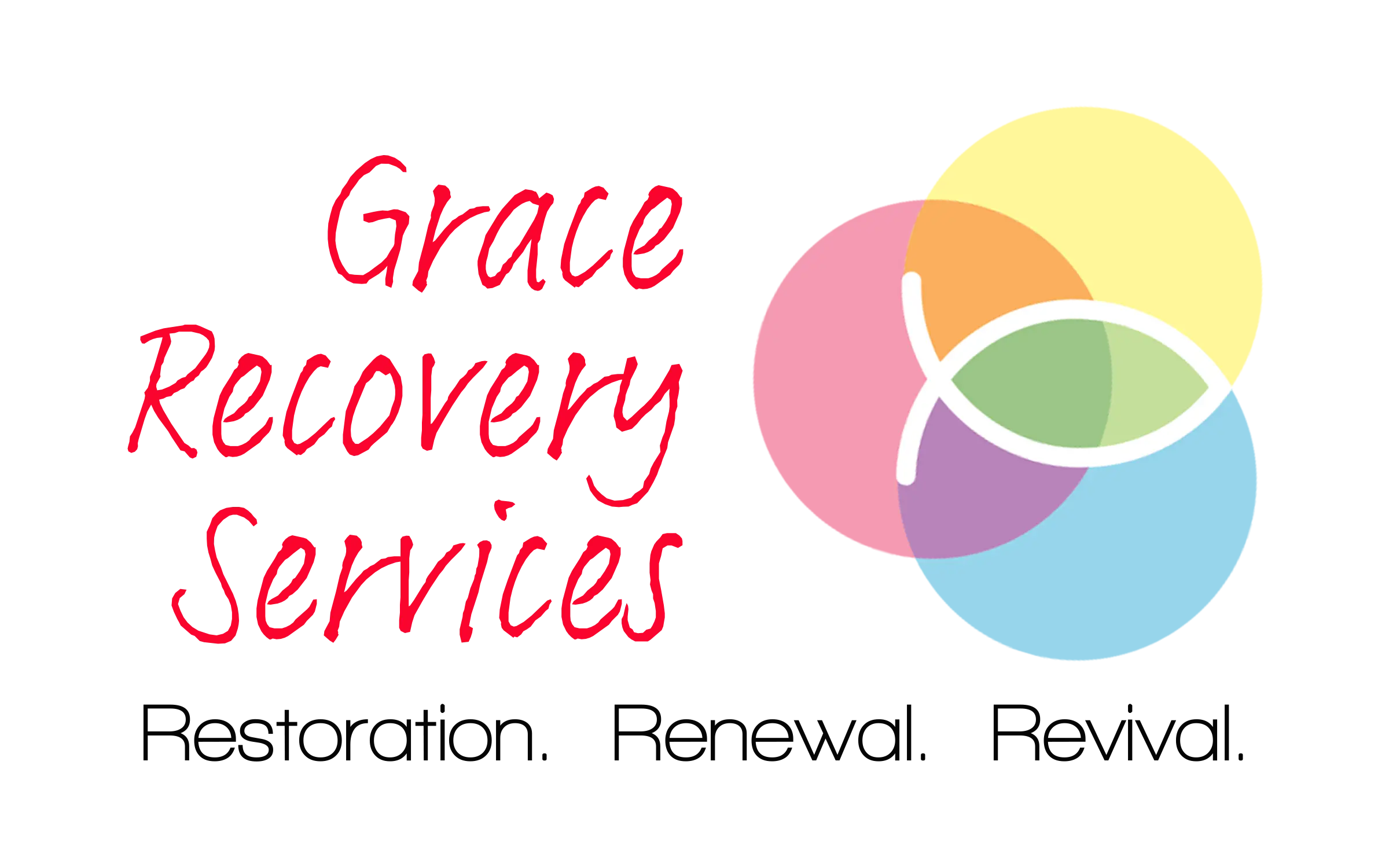Addiction recovery can be a difficult journey for both the individual struggling with addiction and their loved ones. Family support can play a vital role in the recovery process, helping create an environment that fosters motivation, healing, and stability. Understanding Substance Abuse and knowing Signs You Need Addiction Support can empower families to provide the right kind of support. Having the knowledge and tools to support recovery in families is essential for Long Term Treatment success.
How Family Can Support a Loved One in Recovery
When a loved one begins Steps to Overcome Addiction, family members can be a powerful source of encouragement. Building a Support Network in Recovery that includes family members offers emotional support, accountability, and stability. Families can engage in Daily Practices for Recovery, attend Support Groups for Families of Addicts, or celebrate milestones to show their loved ones they are not alone. By being present and involved, family members play a crucial part in How to Start Recovery and maintain Healthy Habits for Sobriety.
Overcoming Enabling Behaviors in Addiction Recovery
Avoiding enabling behaviors is one of the biggest challenges families face. Enabling can take many forms, such as providing financial support, making excuses, or ignoring the issue. Although these actions are often motivated by love, they can hinder accountability and prevent the individual from taking responsibility for recovery. Therefore, establishing healthy boundaries is crucial, as it helps families avoid enabling behavior. This step is essential for creating a healing environment that supports the benefits of counseling for addiction and coping with triggers in healthy ways.
Healing Family Relationships During Recovery
Family relationships are often strained by addiction, resulting in emotional pain and, sometimes, resentment. However, healing family relationships during recovery requires open communication, honesty, and patience. For instance, families can engage in counseling for addiction to rebuild trust, address emotions, and foster a supportive family dynamic. Additionally, faith-based resources like Faith and Recovery programs, Christian rehab, or local Christian counselors can offer support to families who value spiritual guidance. Furthermore, holistic healing in recovery can help both individuals and their loved ones rebuild and strengthen these bonds.

Why Family Counseling is Essential in Addiction Treatment
Family counseling is an effective part of mental health and recovery, as it provides a structured space for family members to express themselves, learn about mental health during recovery, and develop strategies to support their loved one. Additionally, counseling introduces self-care practices that can be beneficial for everyone involved, helping families navigate managing anxiety in recovery and other challenges. Moreover, for families, participating in counseling can help overcome addiction stigma and strengthen the family unit, which is vital for understanding how therapy supports sobriety and building resilience.
Addiction Recovery Tips for Families
Families can make a substantial impact on a loved one’s recovery by avoiding enabling behaviors, working to Heal Relationships damaged by addiction, and participating in Family Counseling. Through setting clear goals, practicing self-care, and maintaining a Supportive Network, families provide a stable foundation for their loved one’s journey to recovery. When families come together in support, they foster positive change that brings about lasting Recovery Success Stories for their loved ones.

